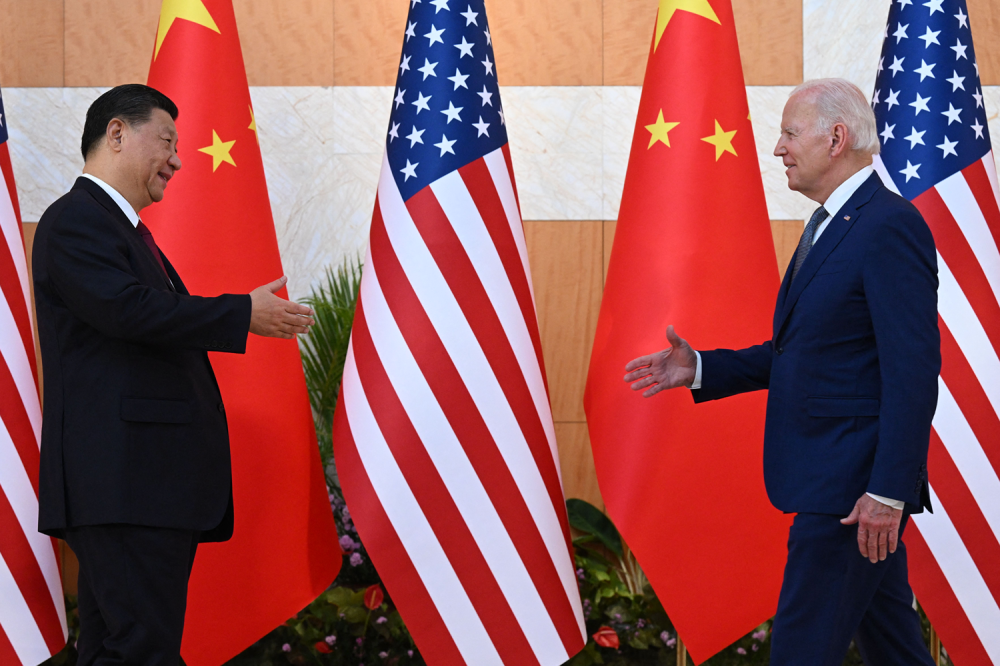As talk of a new Cold War with the People’s Republic of China (PRC) becomes ever more normal in the United States, a common discussion point in foreign policy circles has been that Washington was wrong to engage with Beijing over the past few decades. Critics point out that China has not, as Americans hoped, transformed from an authoritarian country into a like-minded democracy. Instead, the Chinese Communist Party (CCP) has become stronger and more autocratic, China’s economy has gained more international leverage, and the People’s Liberation Army has developed into the United States’ top military competitor.
To rectify what they see as the United States’ mistaken policy of engagement, U.S. commentators and politicians now regularly call for Washington to work with its allies and partners to contain China’s rise. Some analysts have taken exception to this new geopolitical consensus in Washington and urged the United States not to abandon engagement with China on areas of shared concern, at the very least to avoid a military or climate catastrophe.
Yet any attempt to find common ground with China will have to confront the fact that there are plenty of advocates of disengagement in Beijing itself. A little under a decade ago, a frequent refrain in Chinese foreign policy circles was that Beijing was not ready to be a global leader and still had much to learn from the United States, and should continue to engage with the country. And when Chinese President Xi Jinping came to power in 2012, this sort of talk did not immediately disappear. During my last trip to China in 2019, several scholars in Shanghai still downplayed the PRC’s capability to lead globally and stressed the need to cooperate with and study the United States.
As talk of a new Cold War with the People’s Republic of China (PRC) becomes ever more normal in the United States, a common discussion point in foreign policy circles has been that Washington was wrong to…
Read the full article here





